Records Could Shed Light on Iraq Group
 Monday, June 9, 2008 at 06:31AM
Monday, June 9, 2008 at 06:31AM By Walter Pincus / Washington Post
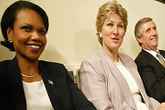 There is an important line in last week's Senate intelligence committee report on the Bush administration's prewar exaggerations of the threat posed by Saddam Hussein. It says that the panel did not review "less formal communications between intelligence agencies and other parts of the Executive Branch."
There is an important line in last week's Senate intelligence committee report on the Bush administration's prewar exaggerations of the threat posed by Saddam Hussein. It says that the panel did not review "less formal communications between intelligence agencies and other parts of the Executive Branch."
More important, there was no effort to obtain White House records or interview President Bush, Vice President Cheney or other administration officials whose speeches were analyzed because, the report says, such steps were considered beyond the scope of the report.
One obvious target for such an expanded inquiry would have been the records of the White House Iraq Group (WHIG), a group set up in August 2002 by then-White House Chief of Staff Andrew H. Card Jr.
The group met weekly in the Situation Room. Among the regular participants (many have since left or changed jobs) were Karl Rove, the president's senior political adviser; communications strategists Karen Hughes, Mary Matalin and James R. Wilkinson; legislative liaison Nicholas E. Calio; and policy aides led by national security adviser Condoleezza Rice and her deputy, Stephen J. Hadley, as well as I. Lewis "Scooter" Libby, Cheney's chief of staff.
As former White House press secretary Scott McClellan wrote in his recently released book, "What Happened," the Iraq Group "had been set up in the summer of 2002 to coordinate the marketing of the war to the public."
"The script had been finalized with great care over the summer," McClellan wrote, for a "campaign to convince Americans that war with Iraq was inevitable and necessary."
In an interview with the New York Times published Sept. 6, 2002, Card did not mention the group, but he hinted at its mission. "From a marketing point of view, you don't introduce new products in August," he said.
Two days later, WHIG's product placement was on display. It began with a front-page story in the Times describing Iraq's clandestine purchase of aluminum tubes that, the story said, could be used to produce weapons-grade uranium. The story said that information came from "senior administration officials."
The story also spoke of "hardliners" in the Bush administration being "alarmed that American intelligence underestimated the pace and scale of Iraq's nuclear program before Baghdad's defeat in the gulf war." They "argue that Washington dare not wait until analysts have found hard evidence that Mr. Hussein has acquired a nuclear weapon. The first sign of a 'smoking gun,' they argue, may be a mushroom cloud," the Times story said.
That same morning, the message was carried on three network news shows. Cheney appeared on NBC's "Meet the Press" and, referring to the Times story, said that intelligence showed that Hussein "has reconstituted his nuclear program to develop a nuclear weapon." The Iraqi leader was "trying, through his illicit procurement network, to acquire the equipment he needs to be able to enrich uranium to make the bombs," Cheney said.
That same day, on CNN's "Late Edition," Rice said, "There will always be some uncertainty" in determining how close Iraq may be to obtaining a nuclear weapon but, "we don't want the smoking gun to be a mushroom cloud."
On CBS's "Face the Nation," Defense Secretary Donald H. Rumsfeld was asked about the Times story and whether Hussein had nuclear weapons. "Is there a smoking gun here?" host Bob Schieffer asked. " 'Smoking gun' is an interesting phrase," Rumsfeld said, and then he went to the same message his colleagues had given.
"The problem with that is the way one gains absolute certainty as to whether a dictator like Saddam Hussein has a nuclear weapon is if he uses it . . . and that's a little late." Bush picked up the slogan a month later in his nationally televised speech on the threat from Iraq.
McClellan wrote that WHIG was not used to "deliberately mislead the public" but that the "more fundamental problem was the way [Bush's] advisers decided to pursue a political propaganda campaign to sell the war to the American people.
"As the campaign accelerated," he added, "caveats and qualifications were downplayed or dropped altogether. Contradictory intelligence was largely ignored or simply disregarded."
WHIG's records would shed much light on whether, as Sen. John D. Rockefeller IV (D-W.Va.), chairman of the intelligence panel, put it: "In making the case for war, the administration repeatedly presented intelligence as fact when it was unsubstantiated, contradicted or even nonexistent."
National security and intelligence reporter Walter Pincus pores over the speeches, reports, transcripts and other documents that flood Washington and every week uncovers the fine print that rarely makes headlines -- but should. If you have any items that fit the bill, please send them to fineprint@washpost.com.



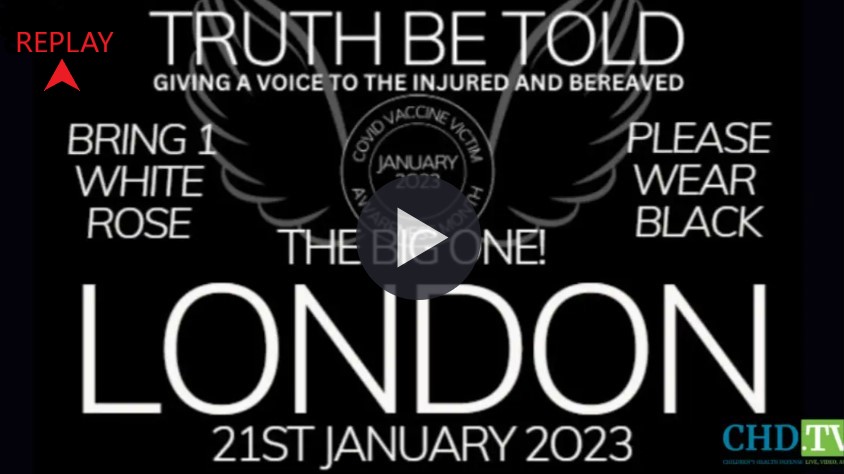


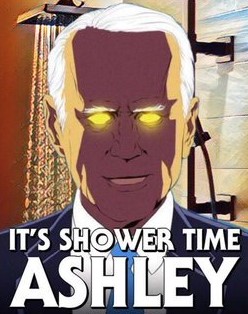

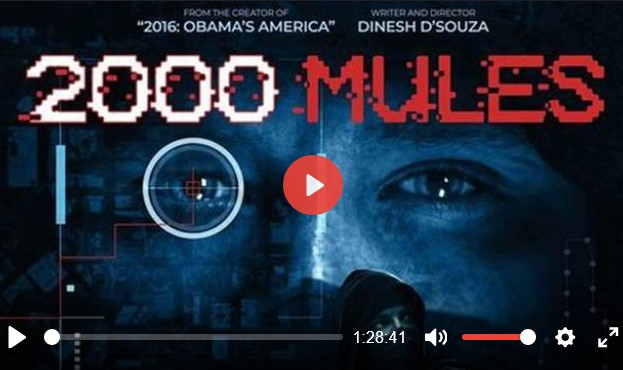



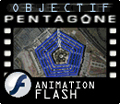


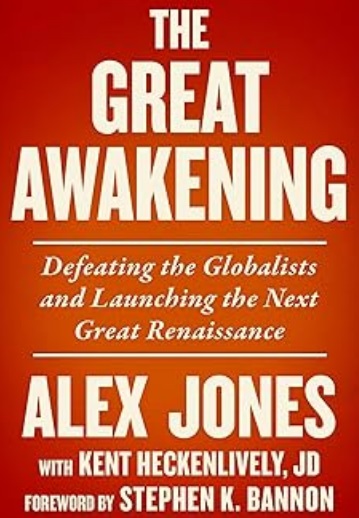
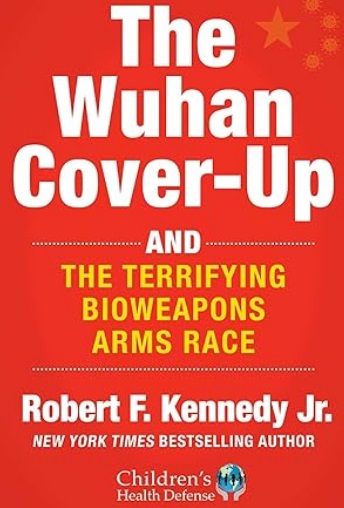

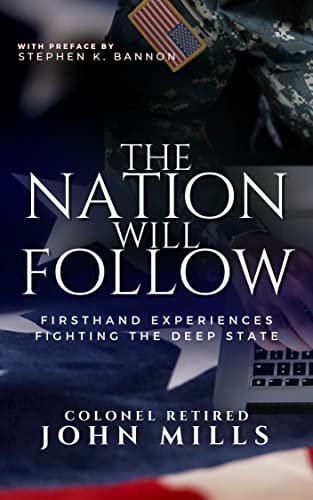
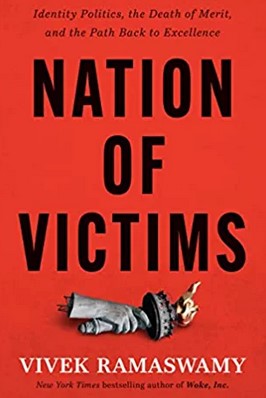
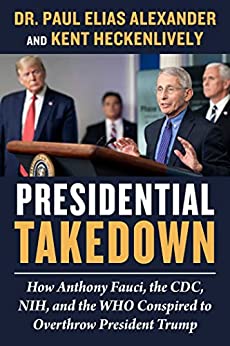

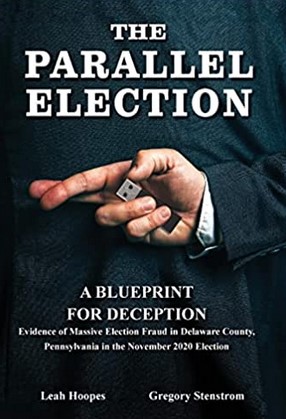


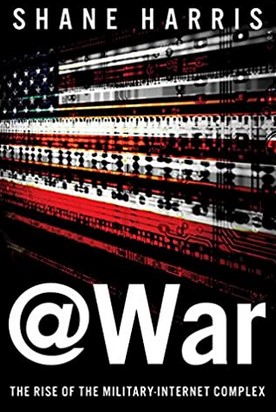




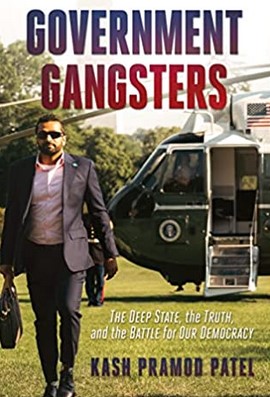
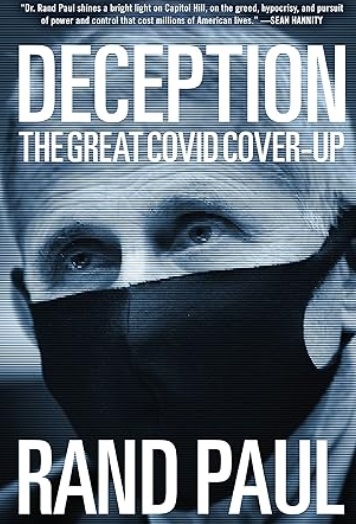
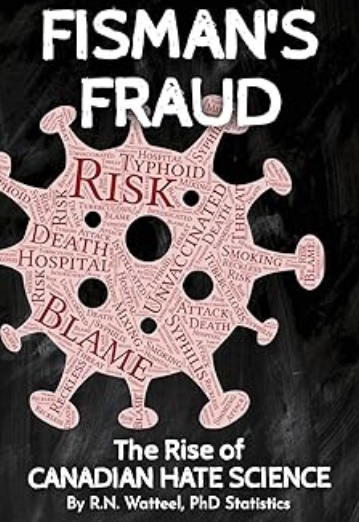


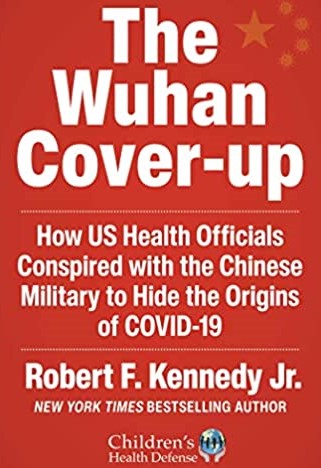

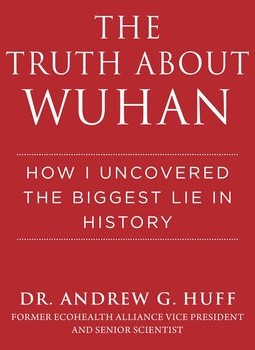

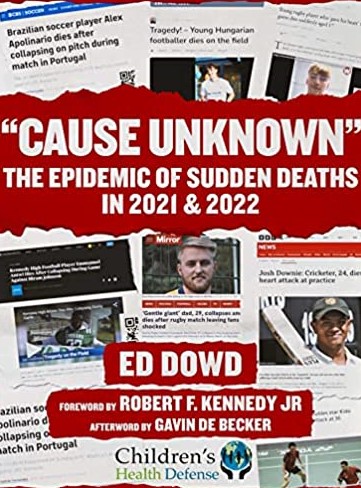
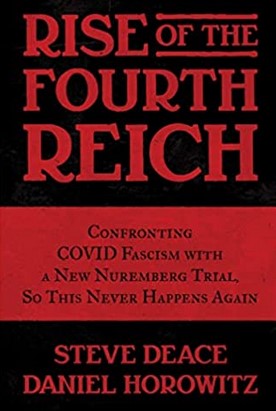
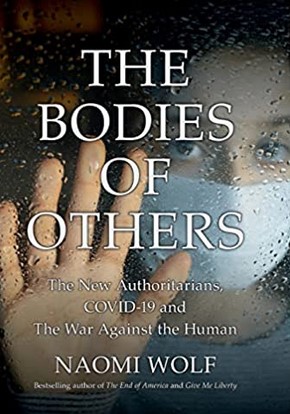
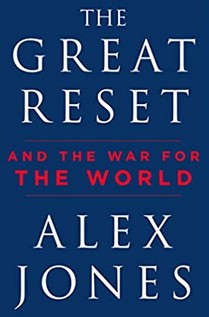

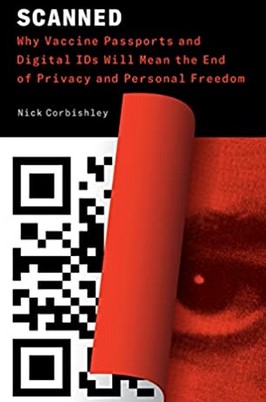

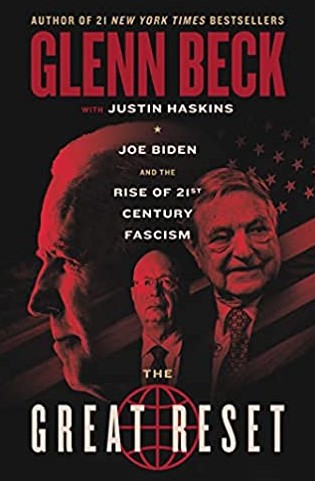

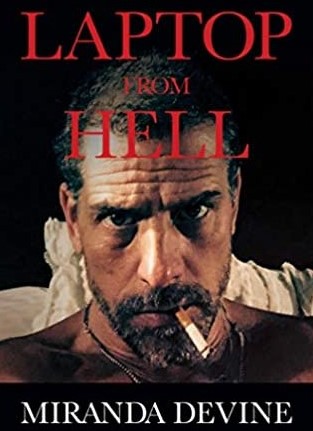



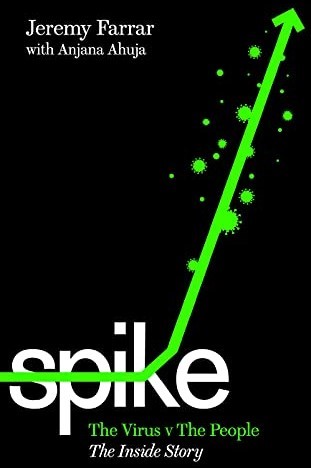
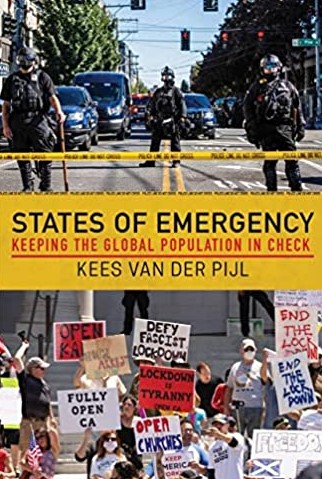

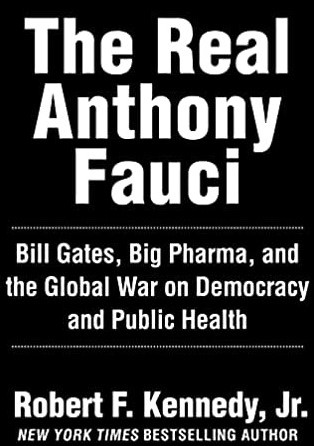
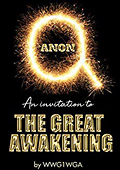
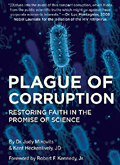
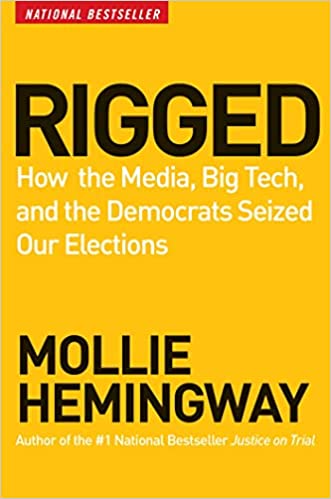
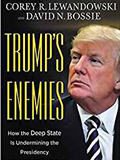

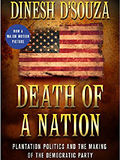
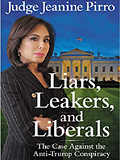

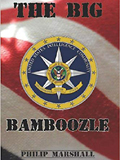
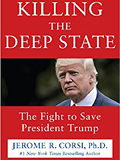
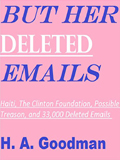
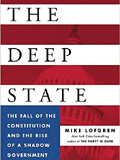
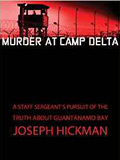
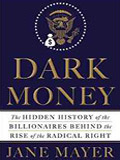

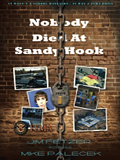
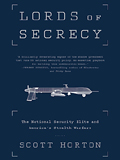
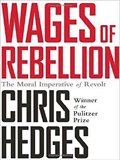
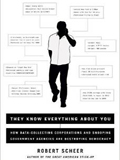

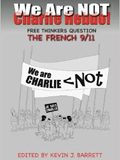



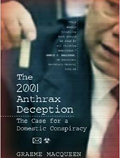
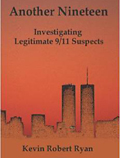
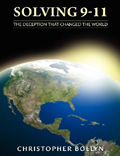
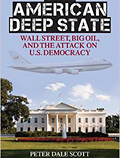

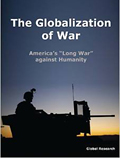
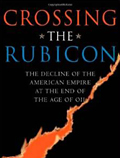
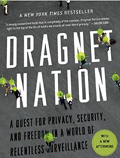
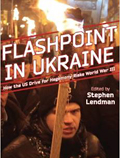

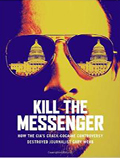

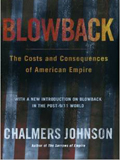



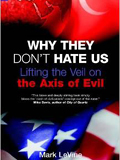
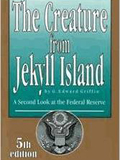

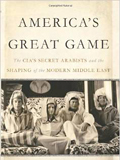

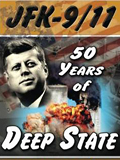
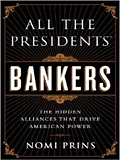
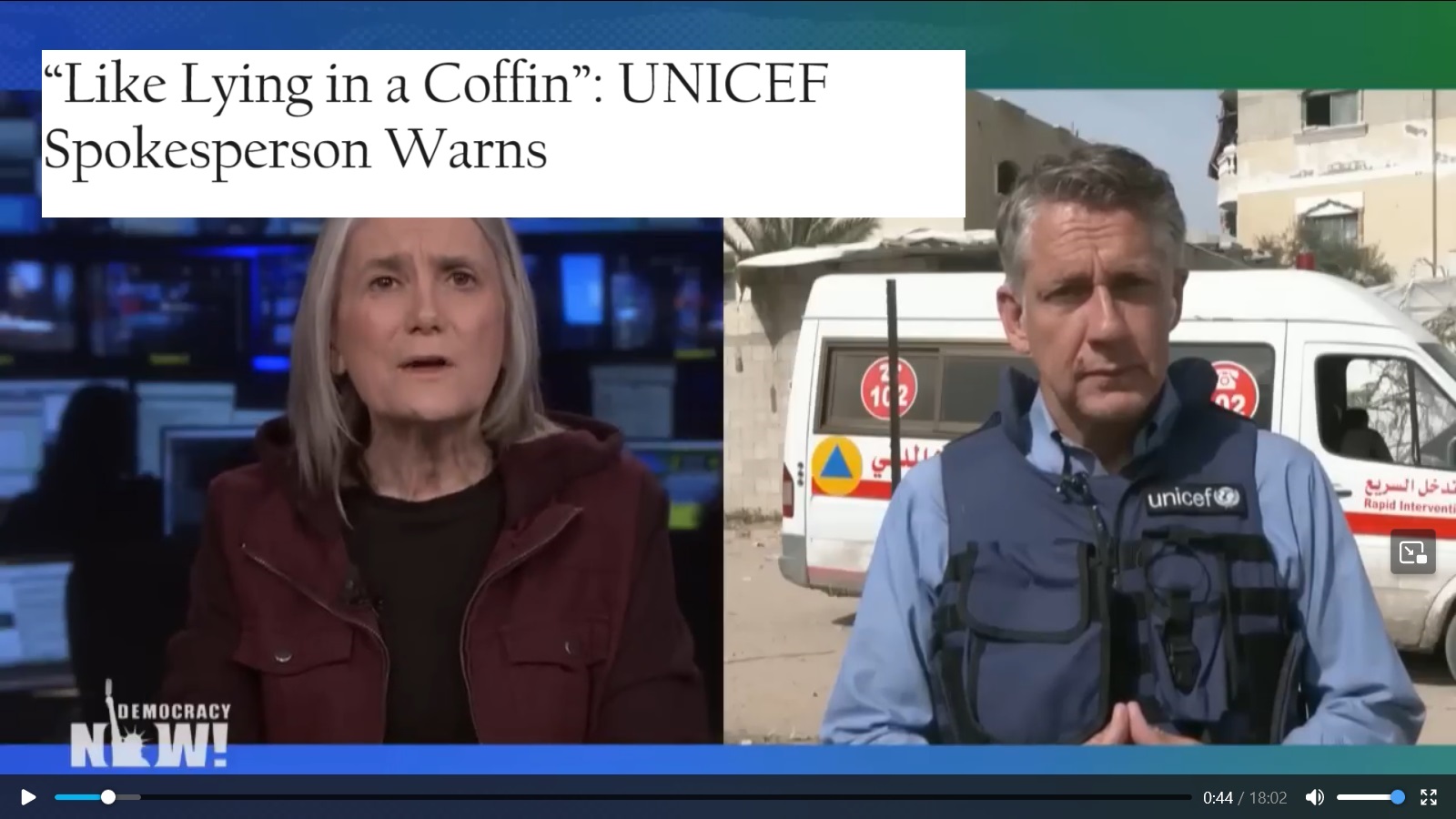
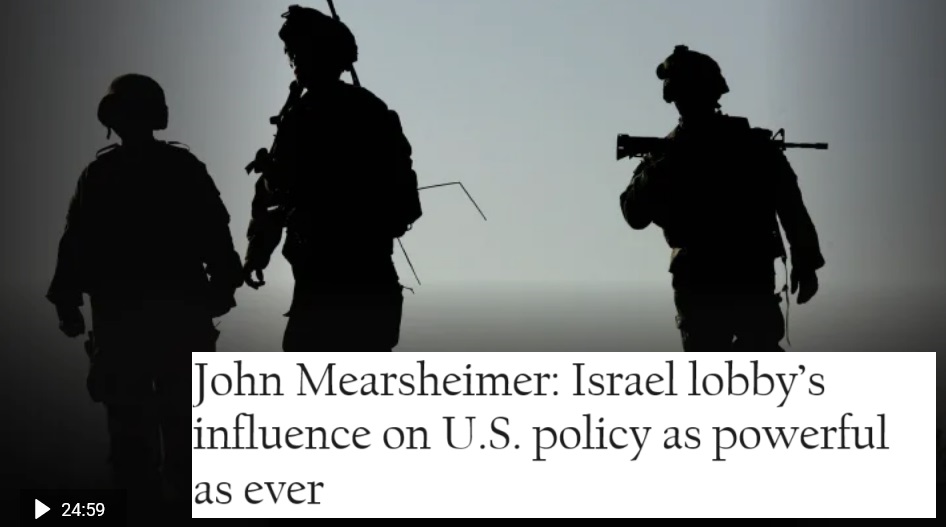
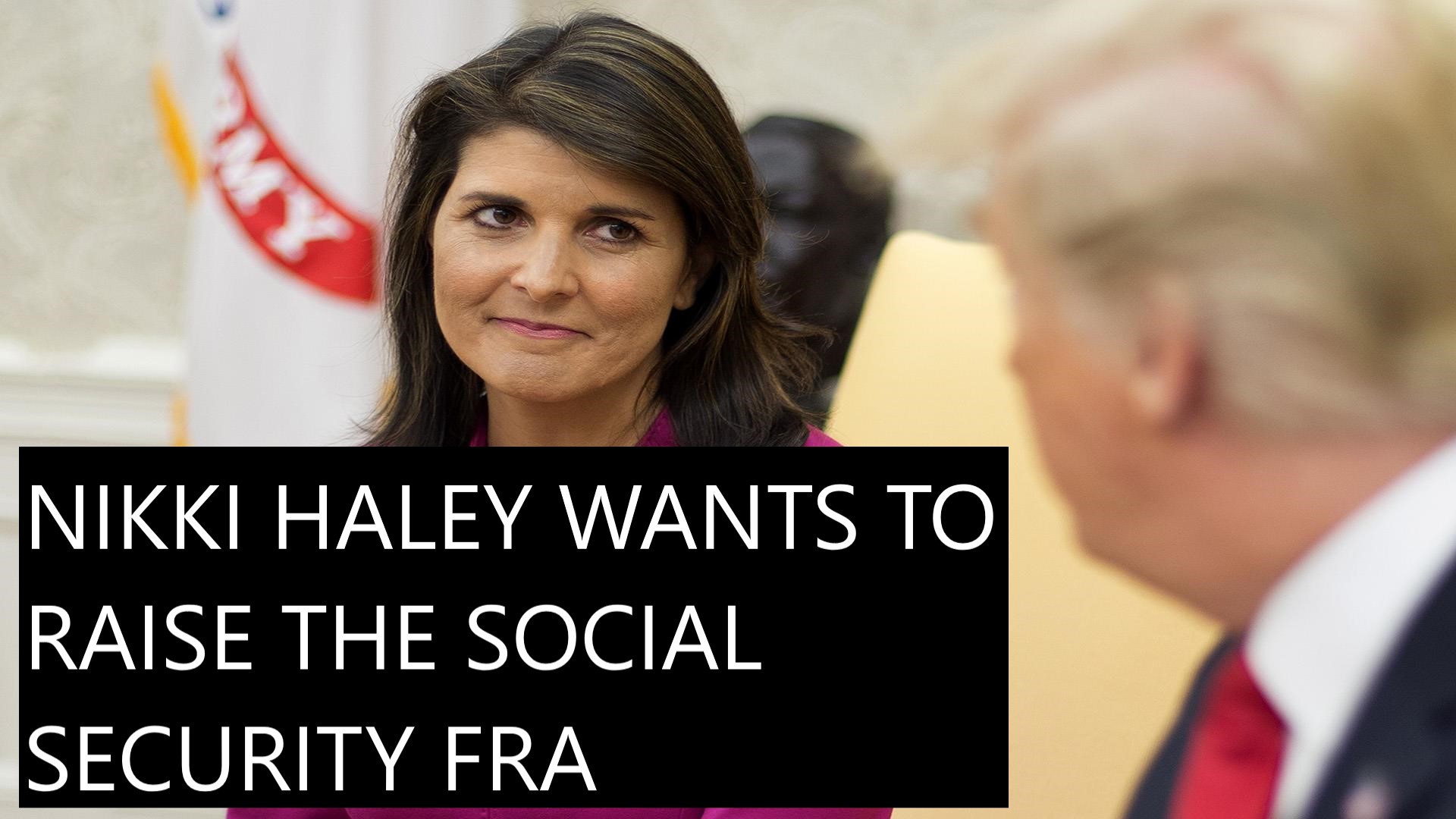


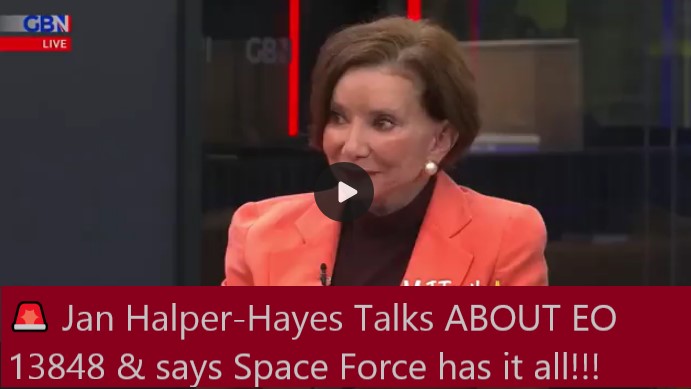



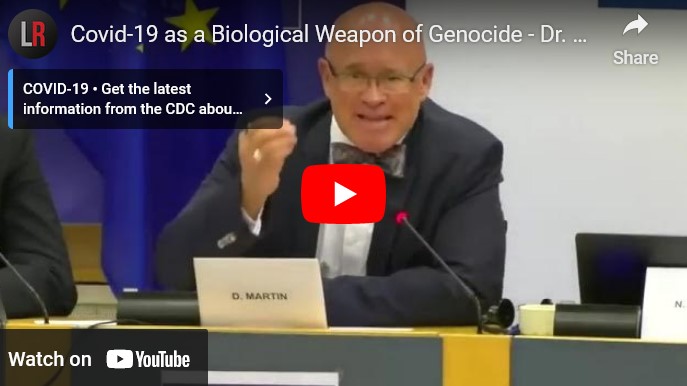



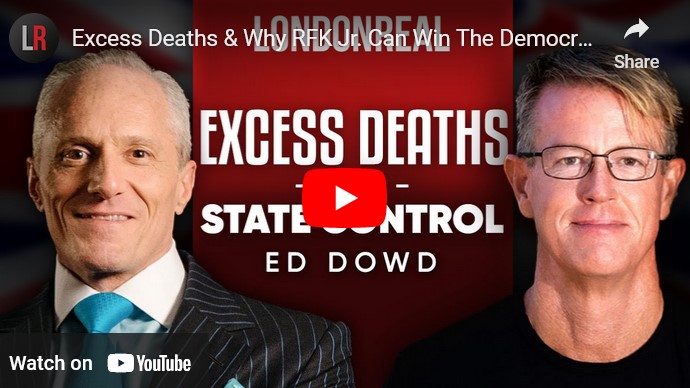

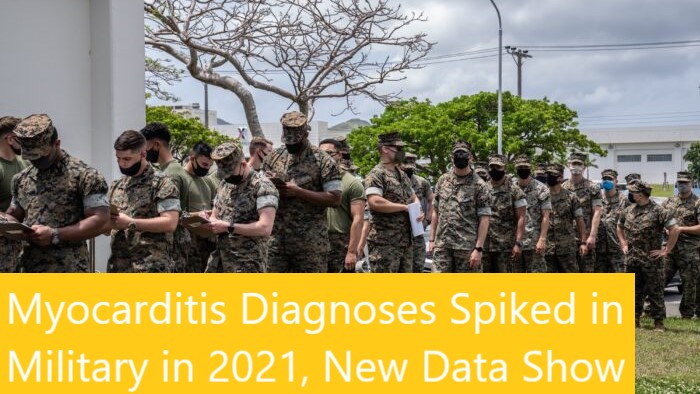




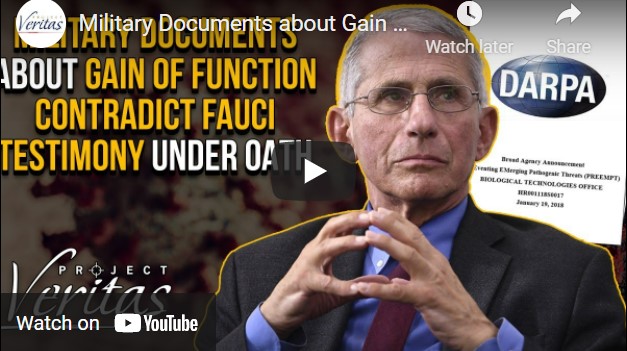


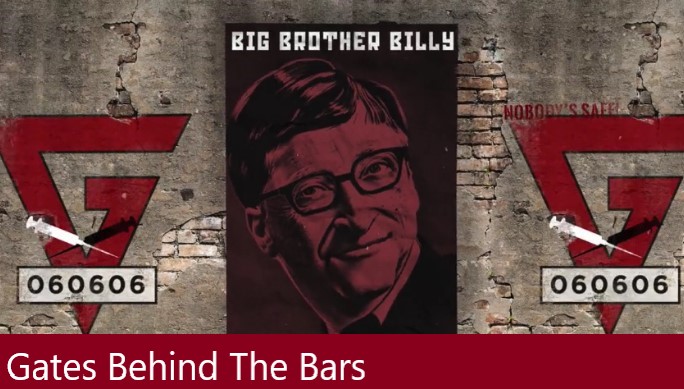
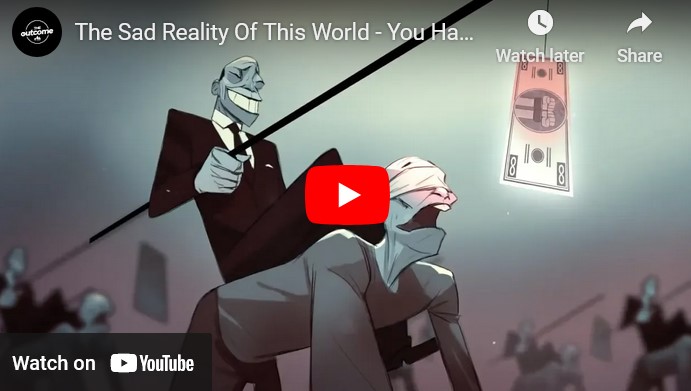

Reader Comments